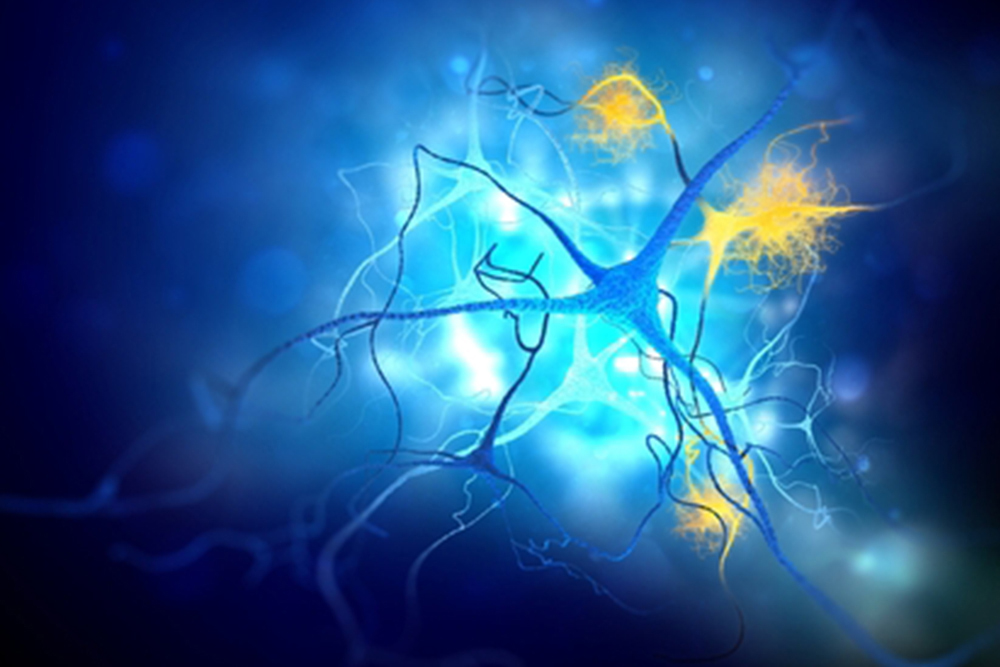A study aimed to fill the gap in clinical trials examining the efficacy of a modified ketogenic diet intervention in individuals with bipolar disorder. Twenty-six out of 27 recruited participants successfully commenced the 6- to 8-week modified ketogenic diet, with 20 completing the intervention. Data collection showed a high completion rate for outcome measures, with 95% of daily ketone and glucose measures recorded, along with ecological momentary assessment of symptoms during the intervention period. Mean daily blood ketone readings were 1.3 mmol/L (s.d. = 0.77, median = 1.1) during the intervention period, and 91% of all readings indicated ketosis. Over 91% of daily blood glucose readings were within normal range, with 9% indicating mild hypoglycaemia. Results indicated that participants maintained ketosis for the majority of the intervention, with minor adverse events such as fatigue and constipation reported.
Overall, the study demonstrates the feasibility and acceptability of implementing a ketogenic diet intervention among euthymic individuals with bipolar disorder. The high completion rates for outcome measures and adherence to the diet suggest potential for further investigation through randomized controlled trials to evaluate the effectiveness of this dietary approach in managing bipolar disorder symptoms.
Reference: Needham N, Campbell IH, Grossi H, et al. Pilot study of a ketogenic diet in bipolar disorder. BJPsych Open. 2023 Oct 10;9(6):e176. doi: 10.1192/bjo.2023.568. PMID: 37814952; PMCID: PMC10594182.









